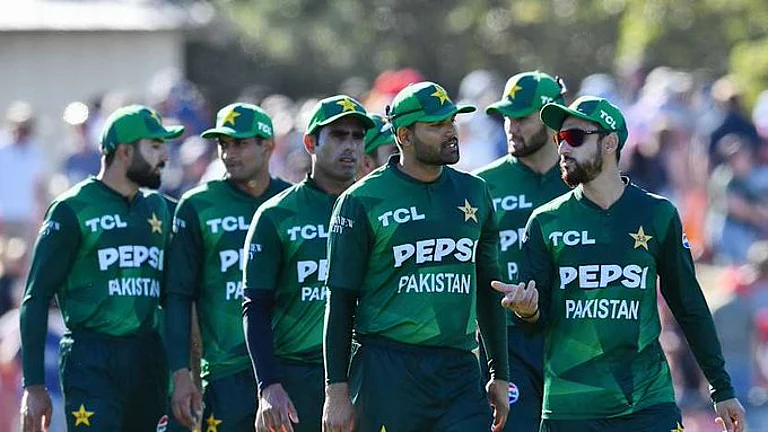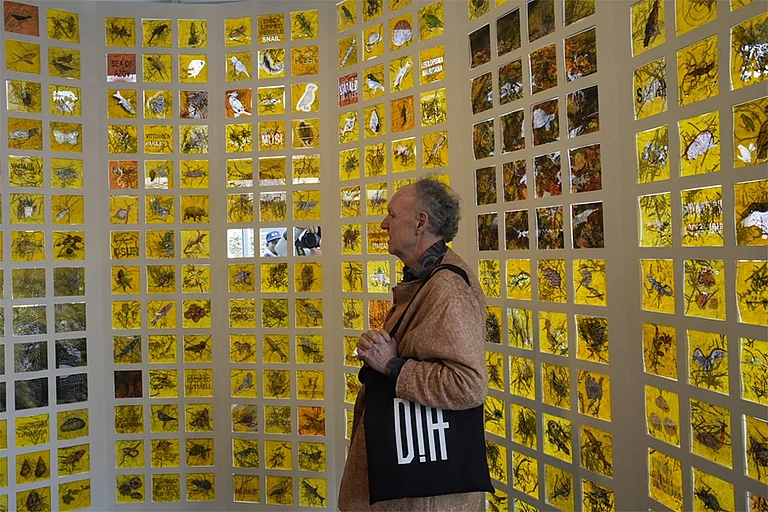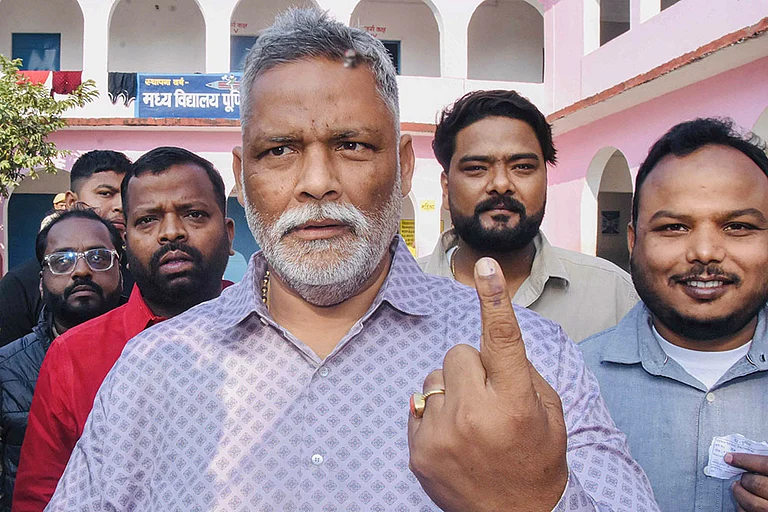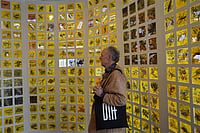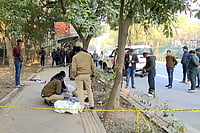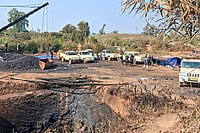IN presenting his maiden railway budget in Parliament last week, Ram Vilas Paswan has not done anything that his predecessors haven't done earlier. Nor has he taken measures which are urgently required to give India's largest public sector unit—and the world's single-largest employer—a facelift. At best, he has maintained a status quo and rewarded the people of his constituency for electing him to office.
Apart from the hike in fares and freight, Paswan's budget is characterised by nothing but a blatant bias towards his home state, Bihar, and a pampering of his own constituency, Hajipur.
"The railway budget lacks direction and much-needed attention towards more important aspects like infrastructure and planning," says a former chairman of the Railway Board. Another former member said the current proposals showed that the real problem of the railways was not financial, technical or even planning, but political, as every railway minister tries to utilise the Railway for his personal political gains rather than the interest of the people at large or the nation as a whole.
While the macro-economic aspects of the budget include some inevitable measures like increase in fares and freight to tide over the deficits (for instance, those on account of the rise in petroleum product prices) the budget proposals leave much to be desired. In a way, the budget fails to inspire confidence that the Railways are preparing to meet the increasing transport demand of the near future.
Infrastructure development and maintenance are two major problems plaguing the Railways, but the budget document is silent on them. And while a large number of ongoing projects are starved of funds, a sizeable amount of this year's allocation goes for new, perhaps avoidable, projects in Bihar.
Despite the Railway Ministry's recent media campaign to make services customer-friendly, there's little in the budget to improve facilities. Says a former Railway Board member: "While it's necessary to monitor punctuality of passenger services, passenger operations need to be supported by a steady and reliable infrastructure. In this context, the reliability of equipment plays an important role for nothing erodes transport capacity and consequently the quality of services more than the failure or unreliability of equipment." The ove manning of Railways is another glaring omission, considering that 29 paise of every rupee earned by the Railways is spent on staff wages.
Of course, in bestowing his largesse on his home state, Paswan hasn't done anything new. Railway history is replete with similar exercises by other railway ministers—Lalit Narayan Mishra (elected from Darbhanga), A.B.A. Ghani Khan Choudhury (Malda), Jaffer Sharief (Bangalore) and, more recently, Suresh Kalmadi (Pune). But Paswan has gone further by announcing six new zonal headquarters, one of them in Hajipur.
Not only this, of the 15 new trains proposed to be started this year, three cater to Bihar (including a New Delhi-Patna Rajdhani Express when there are already two Rajdhani Expresses passing through Patna). Even among the 10 trains whose frequency has been increased, three cater to Bihar; and out of 13 trains whose routes are being extended this year, seven will now go through Bihar. On the other hand, the budget is silent on electrifying Bihar routes. So the Rajdhani will continue to be driven by a diesel engine instead of an electric one—customary for all high-speed trains—in Bihar.
Indeed, for all his rhetoric about the rural repressed, Paswan has overlooked parts of his own state such as Hazaribagh and other areas of southern Bihar which are languishing without proper railway facilities or even stations in some cases.
In terms of figures, the fare and freight hike is estimated to yield Rs 927 crore and most estimates have been scaled down from last year. Paswan has reduced total expenditure from Rs 5,573 crore in 1995-96 to about Rs 5,380 crore. Expenditure on new lines has been cut down from Rs 281.71 crore in 1995-96 to Rs 220.55 crore; gauge conversion expenses from Rs 1,174.97 crore to Rs 829.56 crore. Similar are the cases of track renewals, bridge works and electrification.
So, while many may think the railway budget glosses over the country's crying needs, for the people of Hajipur, Paswan remains a hero.







